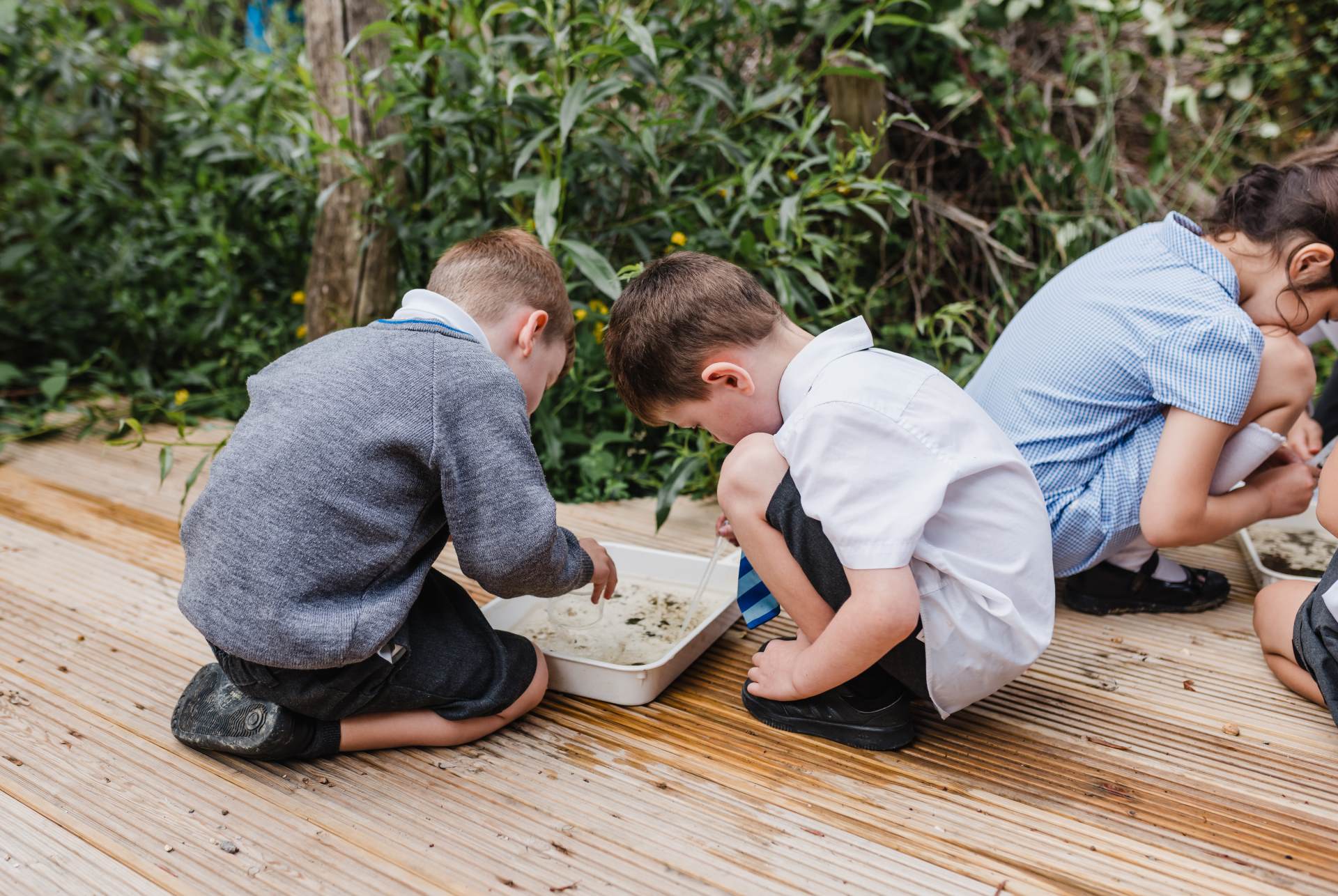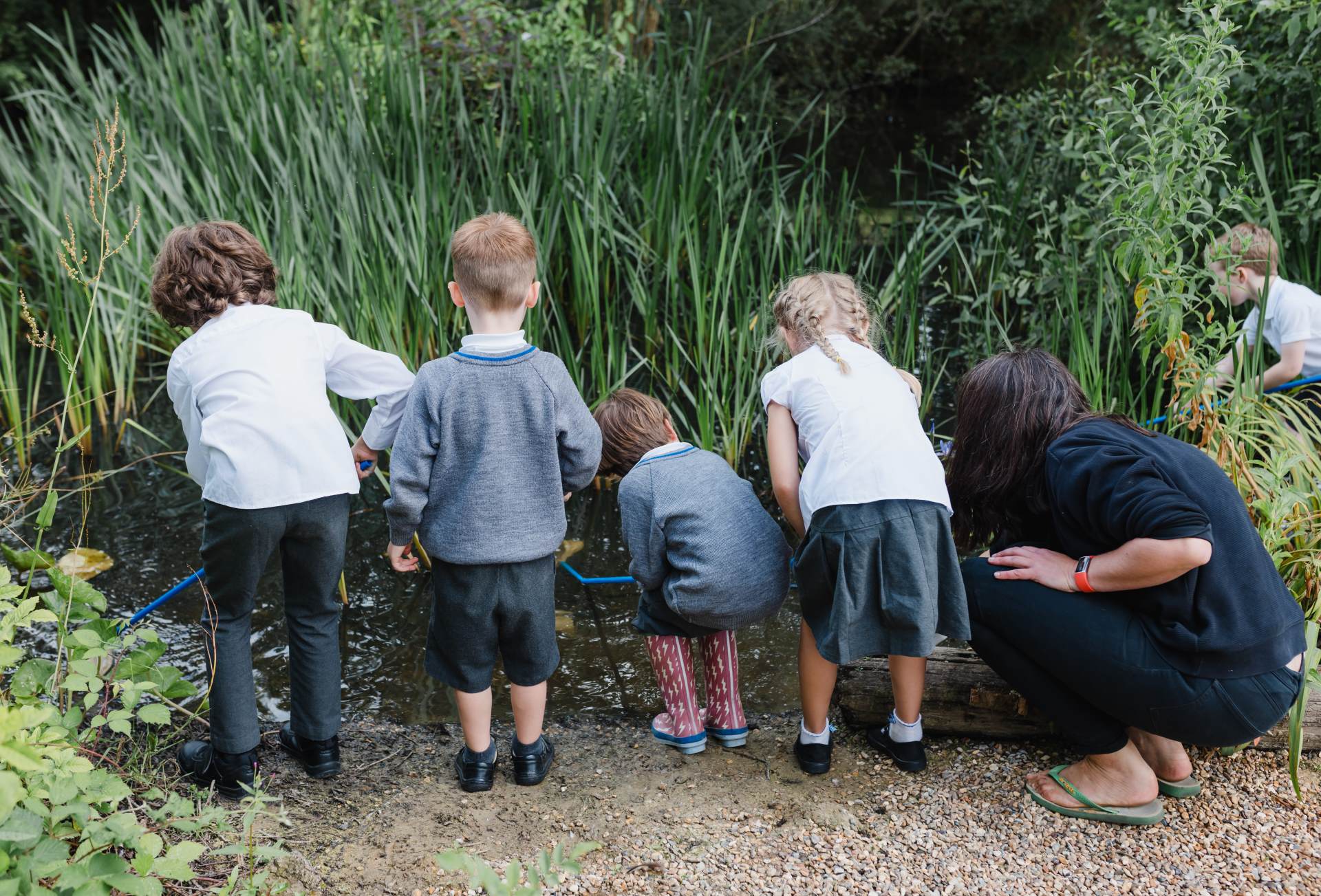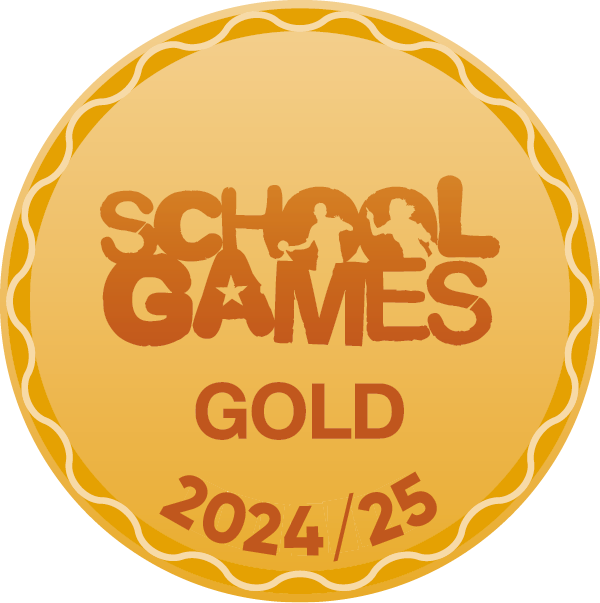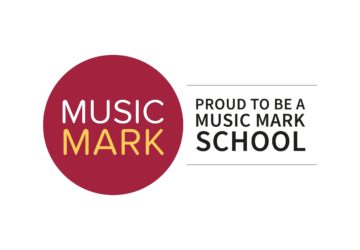Science
Intent
It is our vision, at Northiam, to foster a lifelong love of Science within our pupils. Science teaching aims to give all children a strong understanding of the world around them whilst acquiring specific skills and knowledge to help them to think scientifically; to gain an understanding of scientific processes and also an understanding of the uses and implications of Science, today and for the future. Scientific enquiry skills are embedded in each topic the children study; these topics are revisited and developed. This model allows children to build upon their prior knowledge and increases their enthusiasm for the topics whilst embedding this procedural knowledge into the long-term memory.
All children are encouraged to develop and use a range of skills including observations, planning and investigations, as well as being encouraged to question the world around them and become independent learners in exploring possible answers for their scientific based questions. Specialist vocabulary for topics is taught and built up, and effective questioning to communicate ideas is encouraged. Concepts taught are reinforced by focusing on the key features of scientific enquiry, so that pupils learn to use a variety of approaches to answer relevant scientific questions.
From Reception through to Year 6, pupils build upon a body of key scientific knowledge, skills, vocabulary and concepts. Pupils are encouraged to develop a sense of excitement and curiosity about both man-made and natural phenomena and the world around them. In addition, we provide our children with wider opportunities in Science and make links to other curriculum subjects.
The curriculum aims to encourage critical thinking and empower pupils to question the hows and whys of the world around them.
The Northiam's science curriculum is supported through Kapow's Primary scheme of work and encourages:
● A strong focus on developing knowledge alongside scientific skills across biology, chemistry and
physics.
● Curiosity and excitement about familiar and unknown observations.
● Challenging misconceptions and demystifying truths.
● Continuous progression by building on practical and investigative skills across all units.
● Critical thinking, with the ability to ask perceptive questions and explain and
analyse evidence.
● Development of scientific literacy using wide-ranging, specialist vocabulary.
Kapow Primary’s Science scheme of work supports pupils in meeting the Early Learning Goals for Understanding the world (The Natural world) and the end of key stage attainment targets set out in the National curriculum.
Implementation
The implementation of the curriculum relates to how the learning is going to be delivered across the school, taking the intent of the learning and translating it into a progressive and effective curriculum.
When using a scheme, such as Kapow Primary, the majority of this aspect is taken care of.
To meet the aims of the National curriculum for science and in response to the Ofsted research review: Science, we have identified the following key strands:
● Scientific knowledge and understanding of:
○ biology: living organisms and vital processes;
○ chemistry: matter and its properties;
○ physics: how the world we live in ‘works’.
● Working scientifically: processes and methods of science to answer questions about the world
around us.
● Science in action: uses and implications of science in the past, present and for the future.
Northiam's Primary’s Science scheme is a spiral curriculum, with essential knowledge and skills revisited with increasing complexity, allowing pupils to revise and build on their previous learning. A range of engaging
recall activities promotes frequent pupil reflection on prior learning, ensuring new learning is approached with confidence. The Science in action strand is interwoven throughout the scheme to make the concepts and skills relevant to pupils and inspiring for future application. Cross-curricular links are included
throughout each unit, allowing pupils to make connections and apply their science skills to other areas of learning.
Each unit is based on one of the key science disciplines: biology, chemistry and physics. The National curriculum content has been grouped into six key areas of science to show progression throughout the school:
Plants.
Animals, including humans.
Living things and habitats.
Materials.
Energy.
Forces, Earth and space.
Each year group has an optional exploratory unit called ‘making connections’ that delves beyond the statutory curriculum. This unit assimilates prior knowledge and skills to evoke excitement and provide an additional method of assessing scientific attainment. Lessons incorporate various teaching strategies, from independent tasks to paired and group work, including practical, creative, computer-based and collaborative tasks. This variety means that lessons are engaging and appeal to those with different learning styles. In Year 1, the transition into the Key stage is eased by providing a selection of activities: some adult-led, some independent tasks and
some that can be used during continuous provision to suit your set-up.
Impact
The impact and measure of this will ensure children acquire and build on appropriate age related knowledge and skills which equip them to progress from their starting points, and within their everyday lives.
Marking and feedback from teachers has impact on our pupils, often with next step questions to push learning on.
Children’s work shows a range of topics and evidence of the curriculum coverage for all science topics.
There is a progression in the children’s work and teachers’ expectations in our school.
Standards in Science are good and issues arising are addressed effectively in school.
All children will:
-
Enjoy and acquire a love of Science.
-
Acquire and build on a rich vocabulary which will enable them to articulate their understanding of taught concepts.
-
Have high aspirations, which will see them through to further study, work and a successful adult life.
-
Become increasingly independent in Science.


science whole school overview 2024 2025.pdf
Please see our parents guide to Science:
mixed age science website version ltp outline 12 09 24 1.pdf








